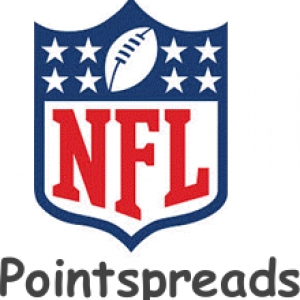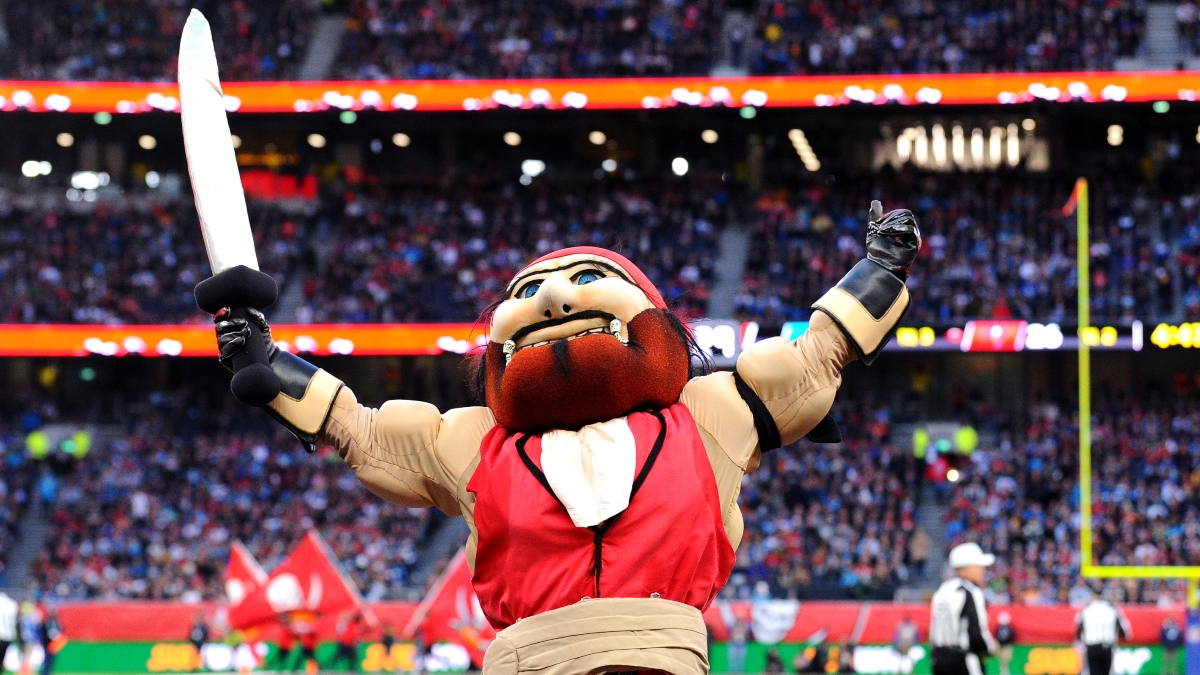What Does It Mean To Pick Against The Spread Average ratng: 3,5/5 7792 votes
Spread betting is any of various types of wagering on the outcome of an event where the pay-off is based on the accuracy of the wager, rather than a simple 'win or lose' outcome, such as fixed-odds betting or parimutuel betting. A spread is a range of outcomes and the bet is whether the outcome will be above or below the spread. Spread betting has been a major growth market in the UK in recent years, with the number of gamblers heading towards one million. Financial spread. What does against the spread mean? When it comes to point spread betting, and you bet against the spread, it won’t be enough for the favorite to win the game outright. The favorite would have to win by more than a specified amount of points or goals (the spread) in order for that team to. The term 'ATS' is an acronym for against the spread.ATS is one of the most commonly used non-words in sports betting. If you are betting ATS then you are making a bet involving a pointspread - as.

Nearly seven months into a global pandemic, most of us understand the critical need for COVID-19 testing, both for the safety of the individual and for the sake of public health. But rigorous testing alone does not stop the spread of COVID-19. Daily testing at the White House didn’t prevent the president or other staff members from contracting the virus.
The benefit of knowing if you are infected with COVID-19 seems clear — as long as you understand when to get tested and what your test results actually mean. As emergency-medicine physicians, we want the public to understand when to seek medical attention and just as importantly, when to get tested for COVID-19 and how to interpret your results. We need to stem the tide of misinformation in order to keep the country safe.
Exposures and infections are unpredictable events. A negative test result isn’t conclusive, as you may have already been exposed to someone with the disease while awaiting your test results and could now be infected. A negative test is a slice in time, and those results could change by the time your test results arrive.

The only reassurance from the results of that test is that at the time you were tested, you “may” have not been infected with COVID-19. Why “may?” The answer depends not only on when you took the test but also on the test itself.
Test sensitivity and isolation

Some tests are very sensitive and will be able to pick up a small number of viral particles, while others require tens of thousands of viral particles in order to render a positive result. A more sensitive test will be able to identify someone having COVID-19 earlier in the course of disease, even those who may be asymptomatic or minimally symptomatic. These tests not only diagnose the disease, but also help prevent further spread of the disease by enforcing the need for isolation. Unfortunately, these same tests may also overcall the disease, meaning they are only actually detecting non-infectious remnant viral particles, leading to unnecessary isolation.
The rapid tests available, which can be performed in under 30 minutes and do not require a laboratory for processing, have been reported as being falsely negative between 20% and 30% of the time when administered to asymptomatic patients. This means that if you are asymptomatic, you have between a 1 in 5 and 1 in 3 chance respectively of getting a falsely reassuring result, despite carrying the virus. However, if you are symptomatic at the time of the test, you have almost a 90% chance of the test being positive for COVID-19.
As physicians we believe you should treat the patient, not the test. If you are experiencing fever, cough, muscle pains, shortness of breath, or can no longer appreciate the smell of brownies baking in the oven, no matter what the test results show, you may have COVID-19. Given the limitations in test performance, the likelihood of you having COVID-19 means that a negative test is probably a false negative.
So, when should you get tested? Let’s say you have been exposed to someone who has tested positive for COVID-19 and you are feeling great. What should you do? If you have been practicing rigorous social distancing, handwashing, wearing a mask and have not been in close contact with this person for greater than 15 minutes at less than 6 feet apart, continue what you have been doing.
Asymptomatic carriers
If your daily routine does not include wearing a mask, handwashing and social distancing, you need to understand that while you may be at a higher risk of contracting the virus, no test will be positive immediately upon exposure to the virus, and that test results may be falsely negative early after exposure. If you remain symptom-free and are concerned that you may be an asymptomatic carrier, get tested sometime between five and seven days of exposure and remain in quarantine.
As we have tragically seen, not everyone who contracts COVID-19 will have access to the kind of rapid response and quality care the president received while he was a patient at Walter Reed Medical Center. To protect public health and safety, everyone must continue to follow the Centers for Disease Control and Prevention guidelines for community-related exposures. Wear a mask, wash your hands, and keep your distance. Should you develop any symptoms of concern, get tested immediately. Together, we can beat this virus.
What Does Against The Spread Mean In Sports Betting?
by Doc's Sports - 10/10/2014
What Is Picking Against The Spread
The term 'against the spread', commonly referred to as ATS, is one of the more commonly used sports betting terms. To bet against the spread is simply to bet on a pointspread. Most commonly, you will talk of your record against the spread, which means the number of games you have bet in which the team you bet on covered the spread compared to the games in which the team did not cover. When someone talks about their performance against the spread you know that they are not talking about moneyline betting, totals or proposition bets. You can bet against the spread in football and basketball, but not commonly in baseball or hockey.
The easiest way to understand this concept is with an example. If Nick takes the Patriots against the spread. Then he is saying that the Patriots will cover the spread in their game. If the Patriots are -3.5 in that game then Nick will win if the Patriots win the game by four points or more, and would lose if they win by three or fewer points, tie the game, or lose outright. If Nick were to win the game then he could say that he is 1-0 against the spread on the day. If the Patriots were favored by 3 points instead of 3.5 then the situation would be the same, except it would be a push if New England won by exactly three points, and Nick would get his money back.
When betting against the spread there is one thing above all that bettors need to remember - who you think is going to win the game is mostly irrelevant. You aren’t trying to pick a winner - that’s what moneyline betting is for. You are trying to figure out how much a team is going to win or lose by. A team could go undefeated for a whole season and never cover a single spread, while another team could lose every game and be undefeated against the spread. It all depends on what line they are up against.
Doc's Sports is offering $60 worth of handicapper picks absolutely free - no obligation, no sales people - you don't even have to enter credit card information. You can use this $60 credit any way you please for any handicapper and any sport on Doc's Sports Advisory Board list of expert sports handicappers. Click here for more details and take advantage of this free $60 picks credit today .
